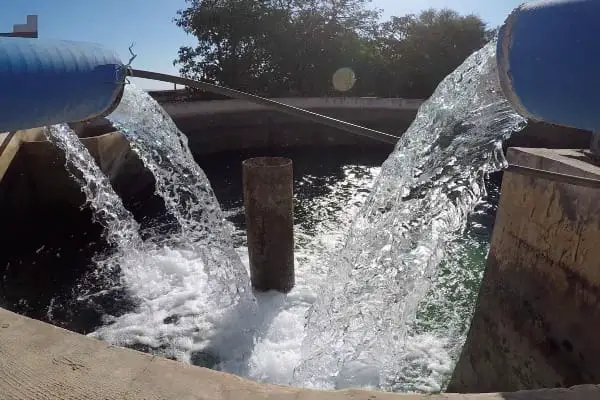The Goudel IV drinking water plant in Niger is set to be operational in July this year. Niger’s Minister of Hydraulics and Sanitation announced the report and said the project nears completion.
The country received US $34m from the government of the Netherlands to finance the project to extend the drinking water network of Niamey. The water extension project includes construction of the new Goudel IV plant, designed to supply the city with water. The Goudel IV water purification plant is currently being built by the Spanish company Denys Sas.
Also Read:Zimbabwe to ensure adequate water supply during lockdown
Goudel IV drinking water plant
The plant will have a capacity of 40,000 m³ per day. Before it reaches homes, the water produced at the Goudel IV plant will first be stored in three new water reservoirs with a capacity of 2,000 cubic metres each.
Electrosteel France was chosen to supply the pipes that will enable the water to be transported and the drinking water network in Niamey to be extended. This involves laying 27 km of pressure pipe and 250 km of distribution pipe.
Dutch ambassador to Niger Jolke Oppewal estimates that the project to extend the drinking water network of the city of Niamey will benefit 450,000 people in the city of more than 1.5 million inhabitants.
Total cost of the project amounts US $86m. The financing is being provided through loans from the European Investment Bank (EIB), the French Development Agency (AFD), Export Financing (Finexpo) in Belgium and Orio in the Netherlands.
Access to drinking water and sanitation is still very low in Niger with large disparities between urban and rural areas and between regions. Only 56% of the population has access to a source of drinking water with a 7% increase in the supply of services between 2012 and 2015.
Only 13% of the population has access to basic sanitation services. Only 22.7% of schools have access to drinking water and 26.7% access to sanitation facilities. In addition, school-age girls do not have adequate menstrual hygiene management services.
